HDPE Pipes: A Game-Changer in Thailand's Infrastructure
Thailand's infrastructure development has been witnessing rapid growth, with projects ranging from water supply systems and sewage networks to agricultural irrigation and industrial applications. In this context, HDPE pipes have emerged as a game-changer, offering numerous advantages over traditional piping materials like concrete, steel, and PVC.
Applications of HDPE Pipes in Thailand
In Thailand, HDPE pipes find diverse applications across various sectors due to their numerous advantages. Let's explore some key applications of HDPE pipes in Thailand:
1. Water Supply Systems
HDPE pipes are extensively used in water distribution networks across Thailand. Whether in urban areas, rural regions, or industrial zones, HDPE pipes ensure reliable and efficient water supply. Their resistance to corrosion, chemical attack, and abrasion makes them ideal for carrying potable water to homes, businesses, and agricultural fields.
2. Sewage and Drainage Networks
Efficient sewage and drainage systems are essential for public health and environmental protection. HDPE pipes are widely employed in Thailand's sewage and drainage networks due to their smooth inner surface, which prevents the buildup of debris and ensures uninterrupted flow. Their flexibility allows for easy installation in challenging terrains, minimizing the risk of leaks and pipe failures.
3. Agricultural Irrigation
Thailand's agricultural sector relies heavily on irrigation systems to support crop cultivation. HDPE pipes are commonly used in agricultural irrigation networks due to their durability, flexibility, and resistance to UV radiation. They withstand the rigors of outdoor installation and deliver water efficiently to fields, promoting crop growth and maximizing yields.
4. Industrial Applications
Industries in Thailand, such as manufacturing, mining, and chemical processing, require robust piping solutions to transport fluids and wastewater. HDPE pipes are well-suited for industrial applications due to their resistance to corrosion, chemicals, and high temperatures. They ensure safe and reliable conveyance of liquids, contributing to smooth operations and environmental compliance.
5. Telecommunication Conduits
In addition to fluid transport, HDPE pipes are used as conduits for telecommunication cables and fiber optics. Their lightweight design, durability, and ease of installation make them a preferred choice for underground cable networks in urban areas. HDPE conduits protect cables from environmental hazards and provide reliable communication infrastructure.
6. Infrastructure Rehabilitation
As Thailand upgrades its aging infrastructure, HDPE pipes play a crucial role in rehabilitation projects. They are used for pipe relining, trenchless installations, and repairing deteriorated pipelines. HDPE pipes offer cost-effective solutions for extending the service life of existing infrastructure and improving its performance without extensive excavation or disruption.
Overall, HDPE pipes contribute significantly to Thailand's infrastructure development by providing versatile, durable, and cost-effective solutions for water supply, sewage management, irrigation, industrial processes, telecommunications, and infrastructure rehabilitation. Their widespread adoption underscores their importance in meeting the nation's growing needs for efficient and sustainable piping systems.
Choose HDPE Pipe in Thailand
When choosing HDPE pipes in Thailand, several factors should be considered to ensure that you select the most suitable option for your specific application and requirements:
1. Quality Certification
Look for HDPE pipes that comply with international quality standards such as ISO 4427 and Thai Industrial Standard (TIS). Certification ensures that the pipes meet stringent quality requirements and are suitable for use in various applications.
2. Material Grade
HDPE pipes are available in different material grades, ranging from PE63 to PE100, with PE100 being the highest grade. Higher-grade materials offer superior strength, durability, and resistance to environmental stress cracking, making them ideal for demanding applications.
3. Pressure Rating
Consider the pressure rating or PN (Pressure Number) of the HDPE pipes, which indicates the maximum pressure that the pipes can withstand safely. Choose pipes with a pressure rating appropriate for your application to ensure reliable performance and safety.
4. Pipe Size
Select the appropriate pipe size based on the flow rate, pressure requirements, and system design of your application. HDPE pipes are available in a wide range of sizes, from small diameters suitable for household plumbing to large diameters for industrial and municipal applications.
5. Pipe Color
HDPE pipes come in various colors, including black, blue, and yellow. While color is primarily aesthetic, it can also serve functional purposes, such as differentiating between potable water, reclaimed water, and other utility pipelines.
6. Jointing Methods
Consider the jointing methods available for HDPE pipes, such as butt fusion, electrofusion, and mechanical fittings. Choose the appropriate jointing method based on the project requirements, installation conditions, and budget considerations.
7. Manufacturer Reputation
Research reputable HDPE pipe manufacturers with a proven track record of delivering high-quality products and excellent customer service. Consider factors such as manufacturing processes, product warranties, and after-sales support when choosing a manufacturer.
8. Project Requirements
Assess the specific requirements of your project, including environmental conditions, installation challenges, and long-term performance expectations. Choose HDPE pipes that are designed to meet the unique demands of your application and provide reliable performance over the project lifecycle.
By considering these factors and consulting with industry experts or HDPE pipe suppliers, you can make an informed decision and choose the right HDPE pipes for your project in Thailand.
Conclusion
HDPE pipes have revolutionized the piping industry in Thailand, offering superior performance, durability, and cost-effectiveness across a wide range of applications. As the country continues to invest in infrastructure development, HDPE pipes are expected to play a pivotal role in ensuring reliable and sustainable water supply, sewage management, and industrial operations. With their numerous benefits and proven track record, HDPE pipes stand as a testament to innovation and excellence in the realm of piping solutions.
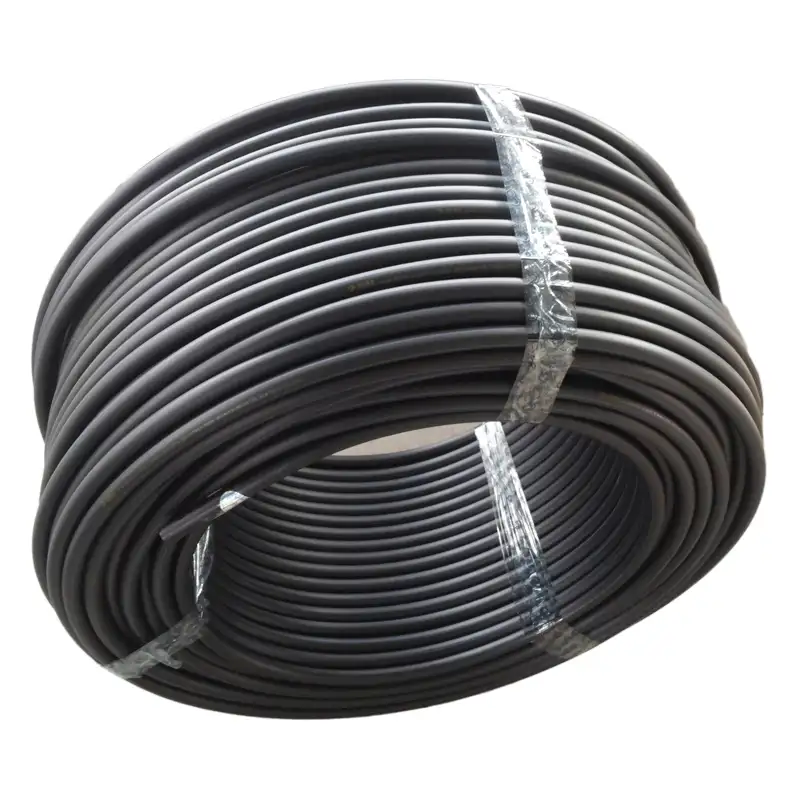
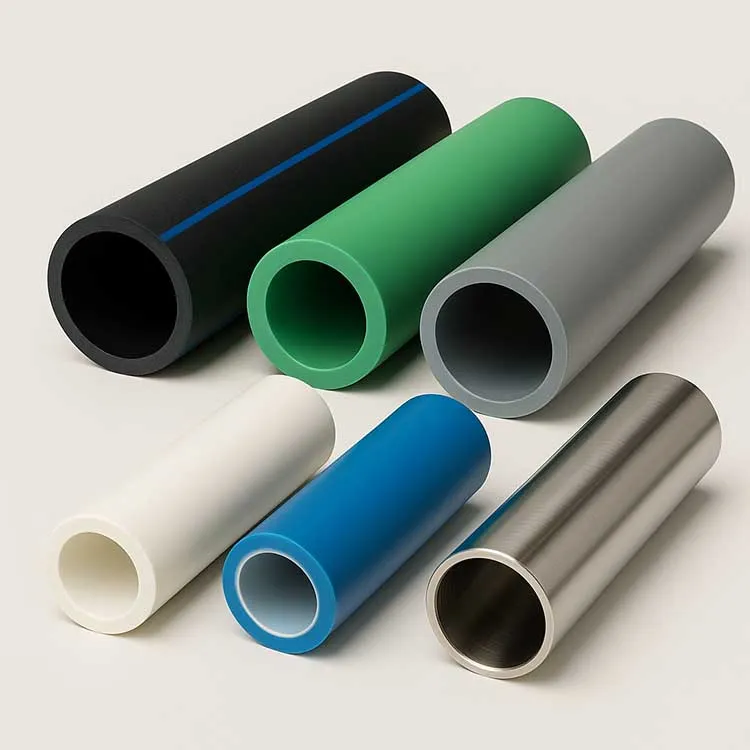
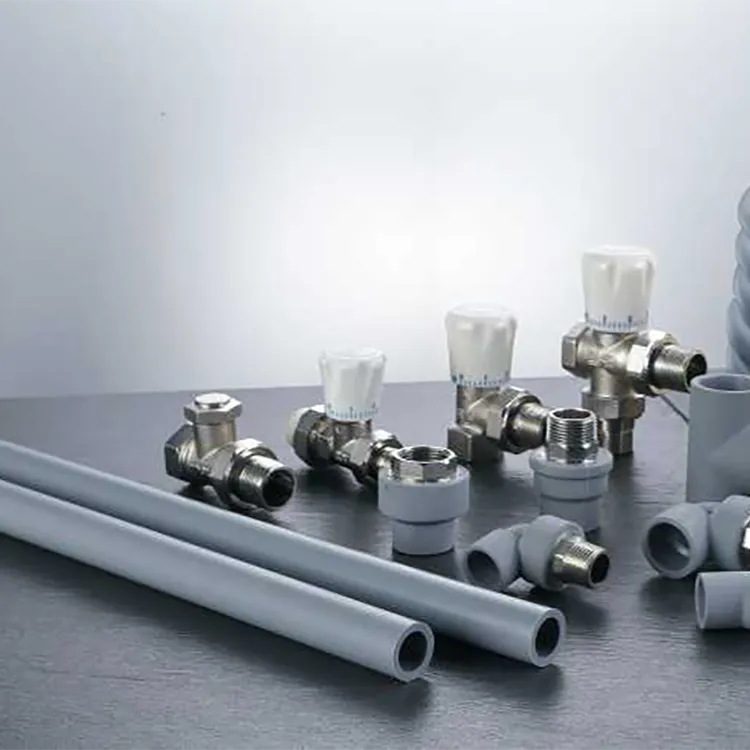
981.webp)
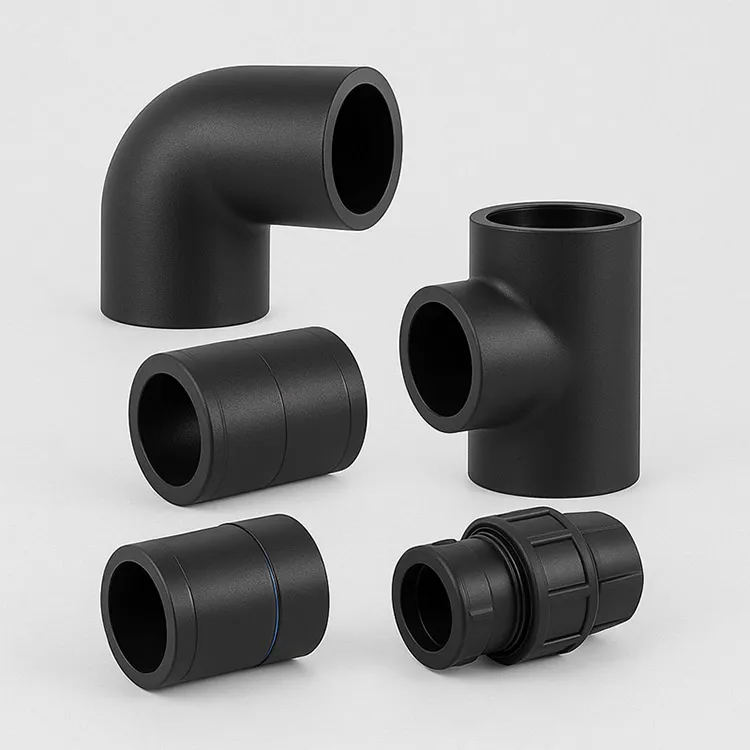
 (1)379.webp)
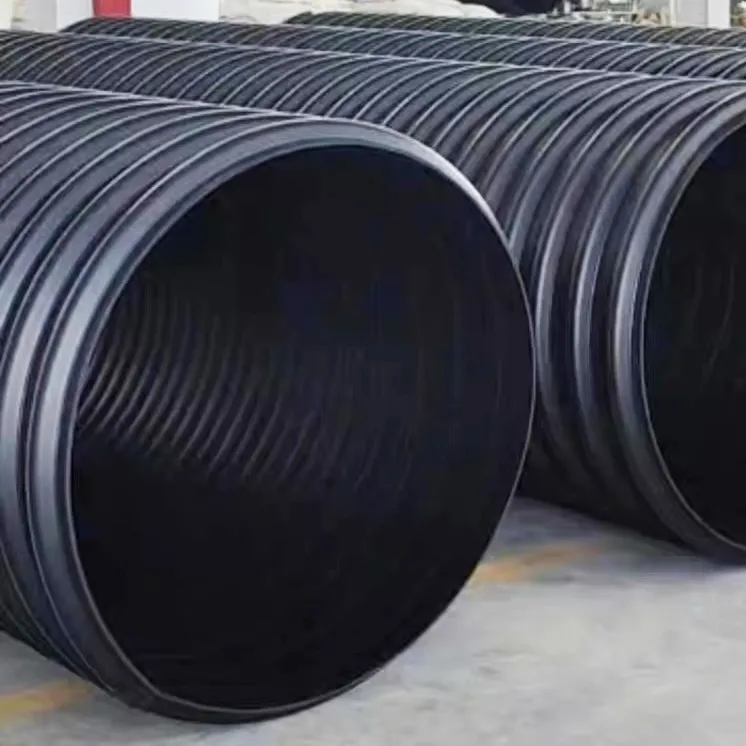
294.webp)
476.webp)
420.webp)
146.webp)
460.webp)
287.webp)
274.webp)
688.webp)


